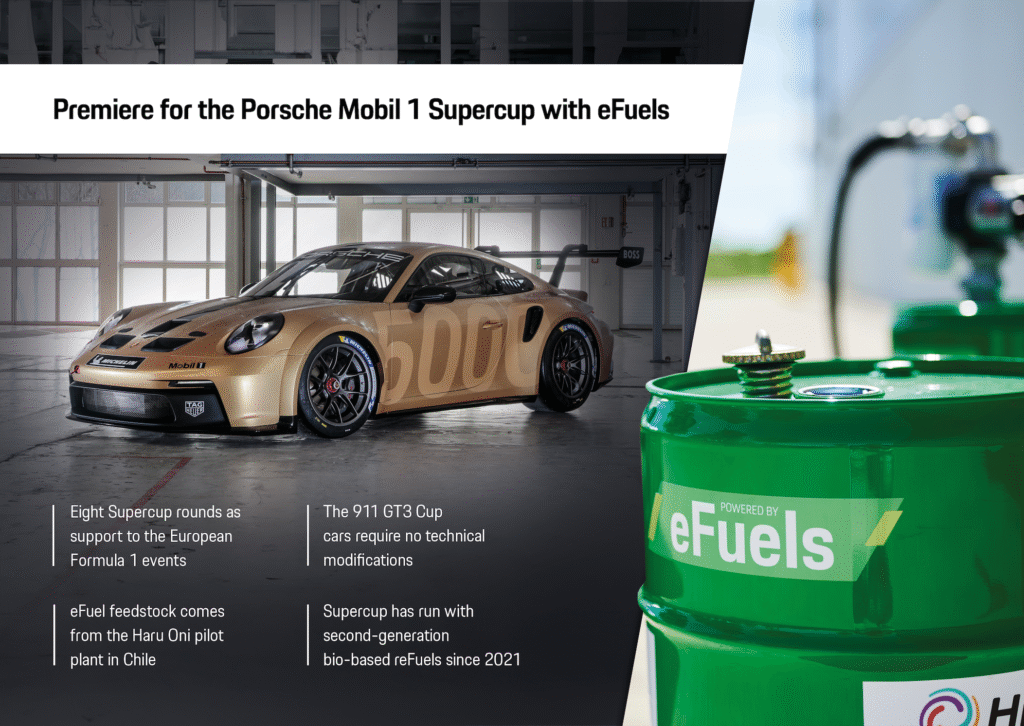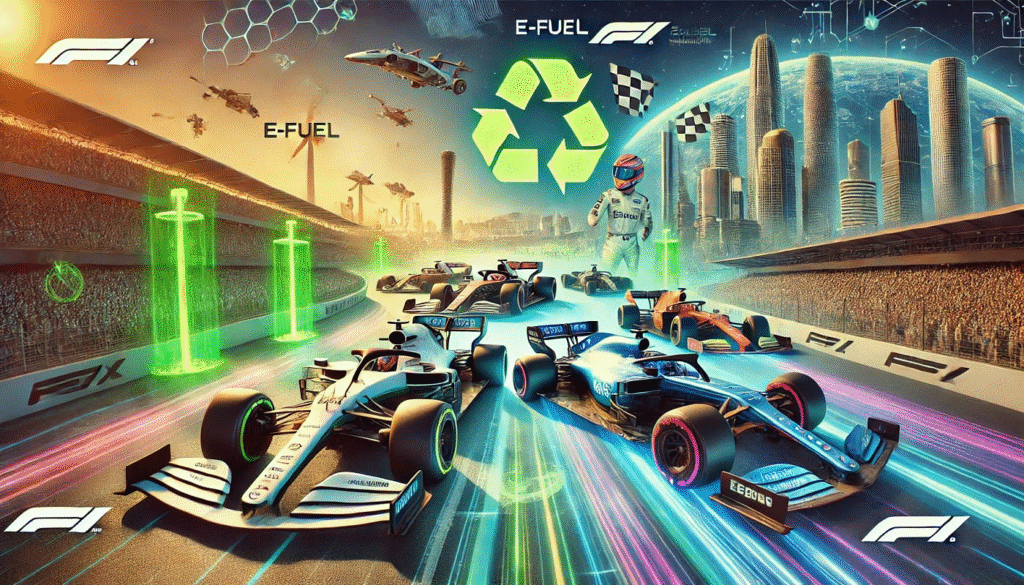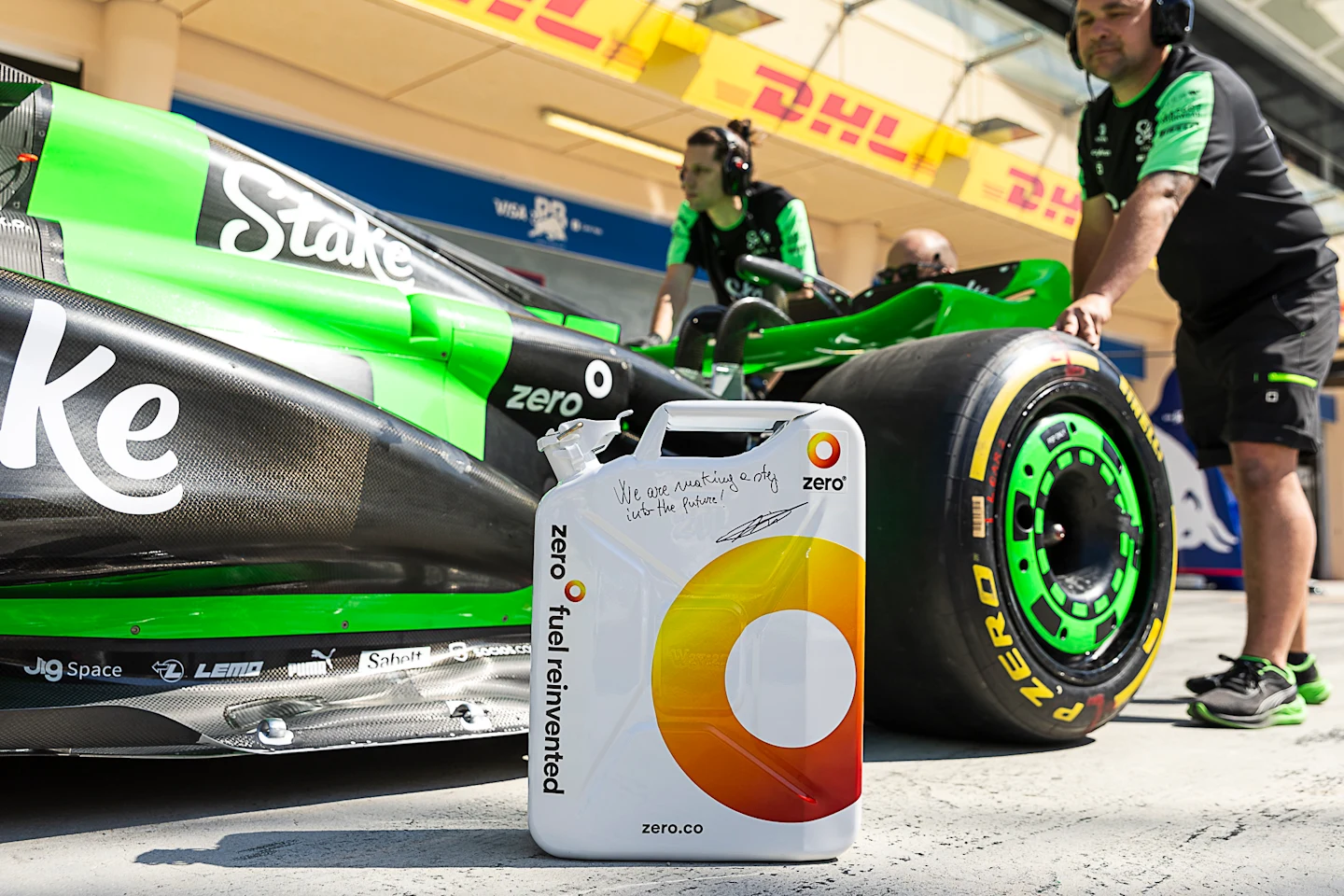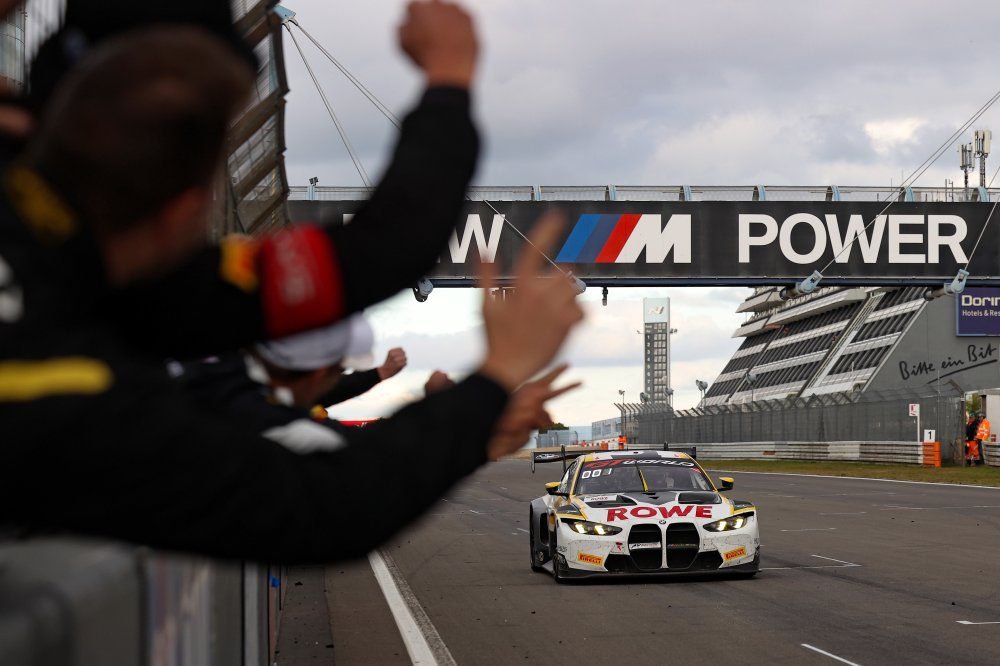F1 and new eFuels: can they improve motorsport?
eFuels for a sustainability solution
Formula 1, the most followed motorsport series in the world, has placed sustainability at the core of its long-term vision, aiming for carbon neutrality by 2030. The year 2025 marks a decisive step toward this goal with the introduction of 100% sustainable eFuels in engines, officially set for 2026 but already being tested by Porsche and some F1 teams. These fuels, produced using renewable energy and CO2 capture, aim to drastically reduce emissions. But without compromising the performance of the cars.
Alongside the many new rules that will drastically reshape the landscape of F1’s upcoming cars, eFuels will make a bold entrance into next-generation engines. Marking a sharp break from everything we’ve had until now. Let’s break down the new regulations and how eFuels could impact the upcoming championship right here.
However, the transition comes with significant challenges. Shifting to synthetic fuels requires major investments and a redesign of the power units. Teams like Ferrari and Mercedes are working closely with suppliers such as Aramco and Petronas to optimize these fuels, but the high costs and technical complexity raise concerns.

Additionally, the decision to ban tire warmers from 2025, as part of the sport’s efforts to reduce its environmental impact, has sparked debate. Pirelli, the current tire supplier, might be replaced by Bridgestone, which appears better prepared to handle this technological shift.
Porsche to first introduce eFuels in motorsport
The German producer was the first to introduce eFuels in motorsport. They began testing eFuels in the Porsche Mobil 1 Supercup series starting in 2021. The idea is a full transition to predominantly synthetic fuel by the 2024 season. This marked a significant step toward CO₂-neutral racing, using fuel from their Haru Oni plant in Chile

Whats the production process behind them
eFuels, or synthetic fuels, are produced by combining captured carbon dioxide (CO₂) with hydrogen extracted from water through electrolysis. Using renewable energy sources like wind or solar power. The process starts with splitting water into hydrogen and oxygen, then synthesizing the hydrogen with CO₂ to create methanol, which is further refined into fuels compatible with conventional engines. This method, pioneered by projects like Porsche’s Haru Oni plant in Chile, aims to produce carbon-neutral fuels by recycling atmospheric CO₂.
Pro of using eFuels on F1 engines
Performance very similar to fossil fuels: If well developed, they offer comparable power and efficiency. An engine properly optimized for these fuels can deliver the same performance as with fossil-based ones.
Net-zero CO₂ emissions: The CO₂ released during combustion is the same as that captured during their production.
Compatibility with existing combustion engines: They can be used with minimal modifications.
Technological boost for the automotive sector: F1 and motorsport in general can serve as a testing ground for future technologies. As we know, many innovations used on everyday roads are first thoroughly tested in motorsport environments.

Disadvantages of this new fuels
Extremely high costs: Production and development are still much more expensive compared to traditional fuels. Moreover, the high price is currently justified by the very limited availability of these products.
Limited production: Today’s production capacity is low and not suitable for large-scale use.
Complexity in power unit management: It requires significant adaptations in racing engines to achieve maximum efficiency. On the other hand, updating engines of road cars might be less demanding, as they are less performance-oriented.

eFuels better than 100% electric engines
eFuels show strong potential for motorsport’s future, offering a near carbon-neutral alternative that works with existing internal combustion engines, preserving the sport’s traditional appeal. Their successful use in series like Porsche Mobil 1 Supercup since 2021 demonstrates viability, with scalability improving as production, like at Porsche’s Haru Oni plant, ramps up.
However, challenges remain—high production costs, energy-intensive processes, and competition from electric vehicles could limit adoption. While not a complete replacement for electrification, eFuels are likely to play a significant role in motorsport’s transition to sustainability, especially for series prioritizing legacy technology and global fuel logistic












1 comment